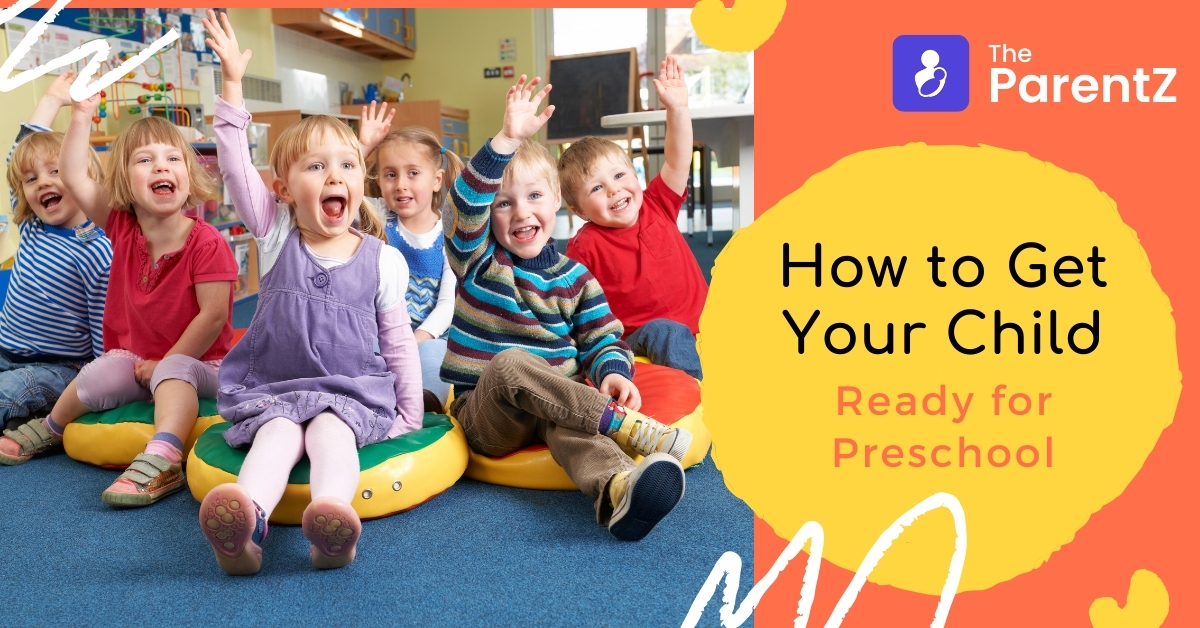Preschool is one significant event in the life of any child and their parent. Studying away from home can be great fun, but also challenging mainly if your child is not accustomed to going alone or even with other children. Making this transition easier for your young child, consider the following tips on how to get him/her ready for preschool.
Before school starts
Visit together: If feasible, take your child to the preschool before starting classes. Allow your child to roam around the classroom, play on the playground, and meet his or her teacher. this is bound to help your child get used to the new environment and minimize fear.
Make new friends: Schedule playdates with other kids who will be in your child’s class. This will help your child to be social and make friends. It is also possible to join a parent group or talk with other parents for support and guidance.
Play school at home: You can also role-play with your child to assist them in practicing some of the preschool routines, like saying bye-bye, undressing or putting on their jacket, listening to a rather, and thereafter singing songs while taking naps as well. You can also reverse roles and let your child teach you. This will make your kid see school as a fun place and know what to expect.
Share your experience: Share stories with your kid about how you felt when going to school and what lessons were learned. You can also display for your child pictures of you or other members of the family at school. This will help your child associate with you and build more confidence.
The first day
Let your child choose: Ask your child to help you get ready for school like choosing clothes, packing his or her backpack, and selecting the lunch. This will make your child feel more independent and enthusiastic about school.
Have a good-bye plan: Goodbyes can be harder for both of you, but try to keep it brief and positive. Let your child know that you will return soon and they are going to have fun at school. You can also create another special ritual such as a hug, kiss, or even a secret handshake. Do not linger or sneak away, as this can increase your child’s anxiety even more.
Let your child know: Talk to your child about what happened at school. You can read books or listen to shows about preschool that will assist your child in processing their emotions.
After school starts
Be patient: It may take some time before your child is accustomed to preschool. Your child could experience some separation anxiety, tantrums, or regression in behavior. This is normal and temporary. Be helpful and constant to your kid and talk with the teacher. Soon, your child will start feeling more comfortable and happy in school.
Keep a routine: If your child has a consistent schedule at home, they will feel more secure and organized. Try to have consistent times for meals, naps bedtime, and waking up. You may have some fun activities after school when you can play games, do crafts, or go to the park. This will help your child to unwind and be close to you.
Encourage learning: Preschool is the best way for your child to develop new skills and find their interests. Support your child’s learning with books, toys, and materials that match their curiosity. You can also make your child to ask questions, speak his mind and try new things. Your child will start developing a love of learning and growth mindset.
Preschool can be a great adventure for your child and you. With these tips you can help your child get ready for preschool and make the best of this new period in their lives.





Be the first one to comment on this story.